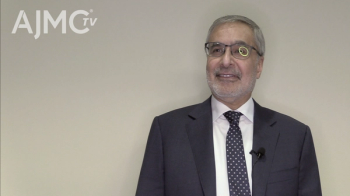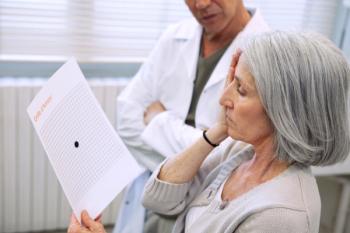
FDA Approves Low-Dose Tablet Biktarvy for Pediatric Patients
The low-dose tablet will help pediatric patients weighing between 14 kg and 25 kg who are virologically suppressed or new to antiretroviral therapy.
The approval of this supplemental New Drug Application (sNDA) will help pediatric patients weighing between 14 kg (30.9 lbs) and 25 kg (55.1 lbs) who are virologically suppressed or new to antiretroviral therapy and help close the gap between HIV treatment options available for adults and children.
In 2020, approximately 850 children around the world became infected with HIV and about 330 children died from AIDS-related causes each day, mainly due to inadequate access to HIV care and treatment services.
“Children living with HIV are in need of effective and accessible formulations of antiretroviral therapy,” said Merdad Parsey, MD, PhD, Chief Medical Officer of Gilead Sciences. “To address this unmet need, innovations in pediatric formulations must strive towards expanding treatment options for children. The sNDA approval is an important step in fulfilling Gilead’s commitment to a goal of bringing pediatric formulations of Biktarvy to children living with HIV around the world.”
Biktarvy is a complete HIV treatment that combines 3 medicines to form the smallest 3-drug, integrase strand transfer inhibitor-based single-tablet regimen available, with a limited drug interaction potential and a high barrier to resistance. It does not claim to cure HIV or AIDS.
The FDA approved the low-dose of Biktarvy based on data from Cohort 3 of a Phase 2/3 open-label, single-arm study (
Cohort 3 included 22 participants between 14 kg and 25 kg who were treated for 48 weeks with the option to continue with the study in an extension phase. After switching to Biktarvy, 20 (91%) participants remained virologically suppressed at week 24. Data from the other 2 participants was not collected due to COVID-19 pandemic-related disruptions. The average change in CD4 count was 0.2%.
“Finding an efficacious treatment option is paramount, but tolerability and safety are keys to ensuring treatment success,” said Carina Rodriguez, MD, Professor of Pediatrics and Division Chief of Pediatric Infectious Diseases at the University of South Florida Morsani College of Medicine. “With this expanded approval, clinicians can add Biktarvy to their arsenal of options to help ensure these children maintain virologic suppression with a treatment option that makes sense for them.”
Newsletter
Stay ahead of policy, cost, and value—subscribe to AJMC for expert insights at the intersection of clinical care and health economics.
















